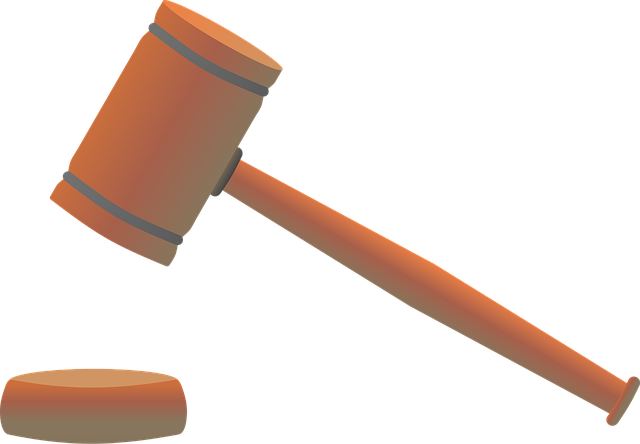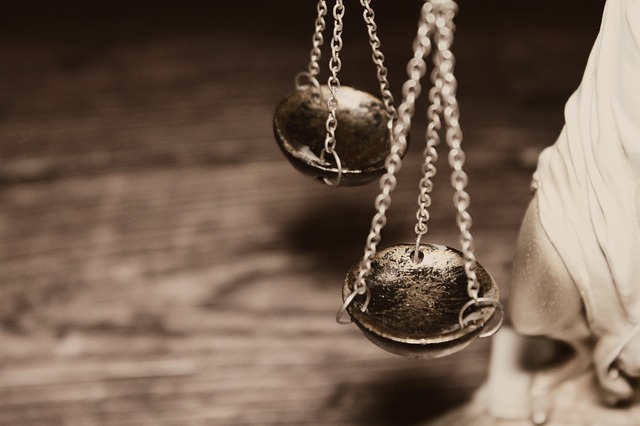Wrongful death laws provide compensation for minor victims whose parents have died due to someone else's negligence or intentional actions. Courts and legal professionals must ensure these minors receive fair compensation, addressing both economic and non-economic losses. The process involves filing a claim by a guardian or representative, gathering evidence, protecting the minor from further harm, and evaluating financial dependencies and future earnings potential. Adequate insurance coverage dispute resolution is crucial to guarantee minors receive necessary support during this difficult time, making them key considerations for wrongful death beneficiaries.
In the complex landscape of wrongful death litigation, minors often find themselves at the center of emotionally charged cases. This article delves into the unique considerations surrounding minors as wrongful death beneficiaries, exploring their legal rights and the specialized approach required in such sensitive matters. Understanding wrongful death laws and how they apply to minors is crucial for ensuring fair compensation and justice for young lives affected by negligence.
- Understanding Wrongful Death Laws and Minors as Beneficiaries
- The Legal Process for Minor Beneficiaries in Wrongful Death Cases
- Ensuring Fair Compensation for Minors as Wrongful Death Beneficiaries
Understanding Wrongful Death Laws and Minors as Beneficiaries

Wrongful death laws are designed to provide compensation for families affected by a loved one’s untimely demise due to another party’s negligence or intentional actions. When it comes to minors, their status as wrongful death beneficiaries is both complex and crucial. Minors, being individuals below the legal age of majority, often require ongoing care and support from their parents or guardians. In the event of their parent’s death due to someone else’s wrongdoing, they become eligible to receive damages under these laws.
Understanding who can be considered a wrongful death beneficiary is essential, especially in cases involving tragic events such as slip and fall accidents, elder abuse, or fatal truck accidents. A minor’s loss may have long-lasting effects on their future prospects, education, and overall well-being. Thus, it’s the responsibility of the court and legal professionals to ensure that their interests are protected and they receive fair compensation for their suffering.
The Legal Process for Minor Beneficiaries in Wrongful Death Cases

When a minor loses a parent or guardian due to wrongful death, navigating the legal process can be complex. In such cases, courts recognize minors as vulnerable individuals who require special consideration. The legal system has established procedures to ensure that the interests of minors are protected and that they receive fair compensation for their loss.
The first step involves filing a wrongful death claim on behalf of the minor by a guardian or legal representative. This person acts as a fiduciary, overseeing the case and ensuring the best interests of the minor are served. They must navigate the complexities of the legal system, gathering evidence of the decedent’s earnings potential and the impact of their loss on the minor’s future. In cases involving caregiver abuse or medical negligence, these factors become even more crucial, as the compensation should account for any long-term care needs or emotional trauma. The guardian must also be vigilant in protecting the minor from further harm, especially when breaches of fiduciary duty may have occurred.
Ensuring Fair Compensation for Minors as Wrongful Death Beneficiaries

When a minor loses a parent due to wrongful death, ensuring they receive fair compensation is paramount. In such cases, legal guardians or conservators are typically appointed to act on the child’s behalf, protecting their interests and pursuing justice. This process involves navigating complex legal systems and understanding various factors that can impact the final settlement or verdict.
One critical aspect is evaluating the economic and non-economic losses suffered by the minor. This includes but is not limited to financial dependencies, future earnings potential, loss of parental care, guidance, and emotional distress. Moreover, when dealing with a breach of fiduciary duty, such as in cases involving medical malpractice or slip and fall accidents, it’s essential to consider how these actions or inactions directly affected the minor’s well-being and future prospects. Ensuring adequate insurance coverage dispute resolution is also vital to guarantee that minors receive the support they need during this difficult time.
In conclusion, recognizing minors as wrongful death beneficiaries is a complex yet crucial aspect of ensuring justice and fair compensation for families impacted by tragic events. Understanding the legal framework and navigating the unique considerations for minor victims is essential to upholding their rights. By following a structured legal process and prioritizing their best interests, we can ensure that these vulnerable individuals receive the support and resources they need to heal and thrive in the face of adversity.






